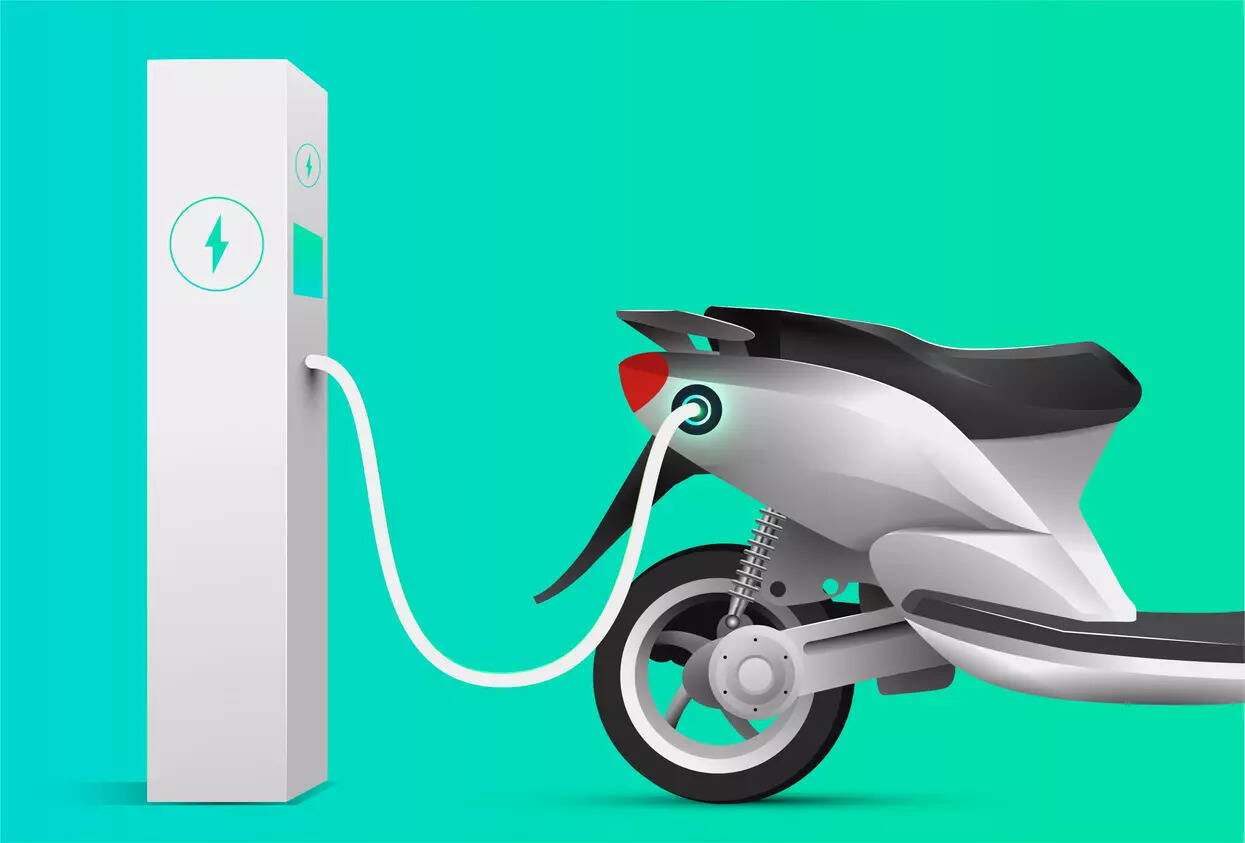Read by: 100 Industry Professionals

Electric vehicle sales have come to a near standstill in the national capital with the state government withdrawing a waiver on road tax on electric cars and two-wheelers.
People aware of the developments told ET that the government took the step effective August 31. Removal of the incentive has sparked a sharp rise in EV purchase prices, impacting sales drastically, said officials at the auto retailers body Federation of Automobile Dealers Associations (FADA).
“The cost of purchasing an electric vehicle has suddenly gone up by 10%. These vehicles are more expensive than their petrol or diesel counterparts. This added increase in purchase price abruptly has severely hit sales of electric two-wheelers and electric four-wheelers,” an industry executive in the know said.
“Registrations so far this month have fallen drastically, and are almost negligible. We will get a clearer picture of the market situation in a couple of days,” the executive said.
Delhi is one of the largest EV markets in India, accounting for about a tenth of total domestic sales. Industry stakeholders are slated to meet state transport authorities next week to convey their grievances and seek a resolution.
Confirming the Delhi government’s move, a second official said, “Delhi has been among the front runners in EV adoption mainly on account of supportive policies. The state government was to take a decision on extension of road tax waiver on EVs. But that did not happen even though the cap on the number of vehicles to get the benefit has not been reached. The gains accrued so far stand to get derailed if the matter is not resolved quickly.”
The Delhi government’s move comes amid pressure on electric car sales in the country for the past few months due to high vehicle prices, insufficient charging infrastructure and range anxiety among customers. India has about 12,000 public charging stations, compared with 87,000 fuel stations dispensing petrol and diesel.
Electric car sales remained almost flat at about 29,500 units in the first four months of FY25. The pace of growth in the electric two-wheeler segment has also moderated. Several factors ranging from concerns over resale value of EVs despite lower running costs, and worries over battery life and driving range are making some customers prefer conventional fuel options instead.
Electric car sales fell 3% year-on-year this July, marking the third straight month of decline, triggering fears that the Indian market may be mirroring a broader slowdown in global EV sales. FADA is yet to release vehicle registration data for August.
Rajeev Singh, partner and consumer industry leader at Deloitte Asia Pacific, confirmed the slow adoption of EVs in the passenger vehicle segment is largely due to high acquisition costs and range anxiety among consumers. “EVs are typically 1.35 to 1.7 times more expensive than corresponding petrol cars”, he said.

